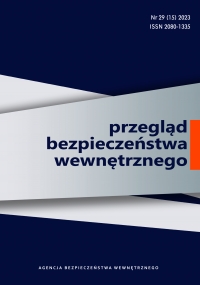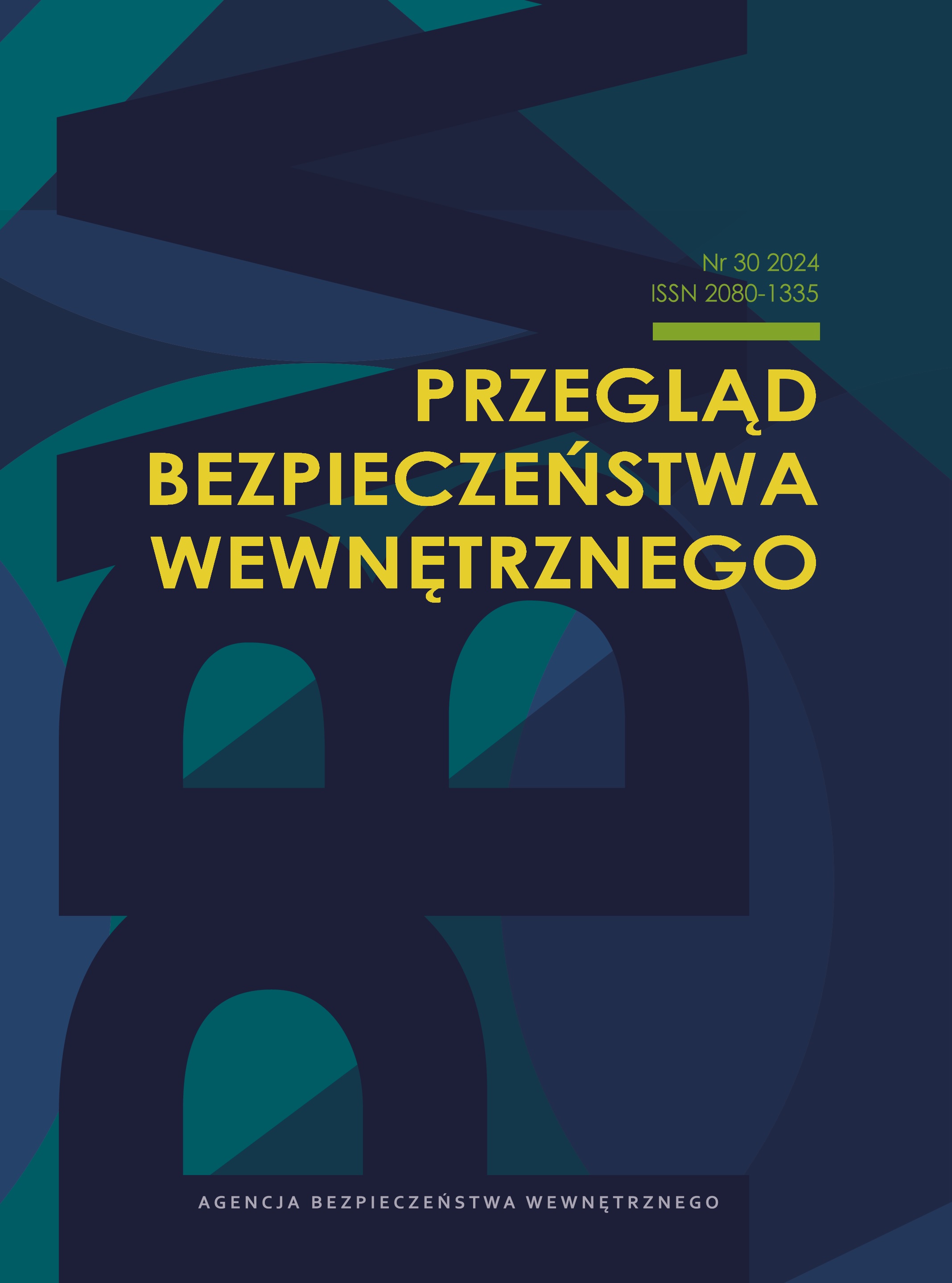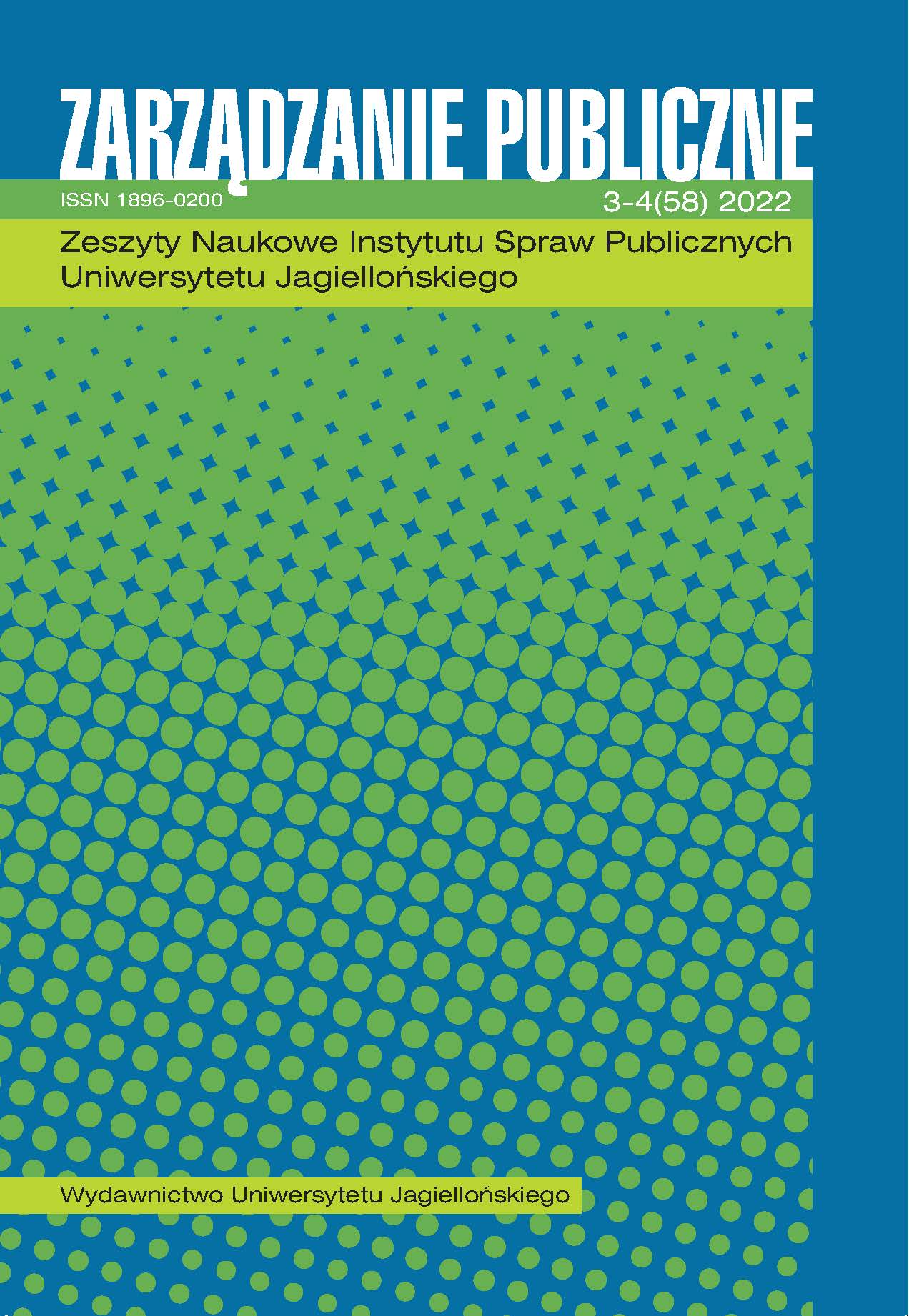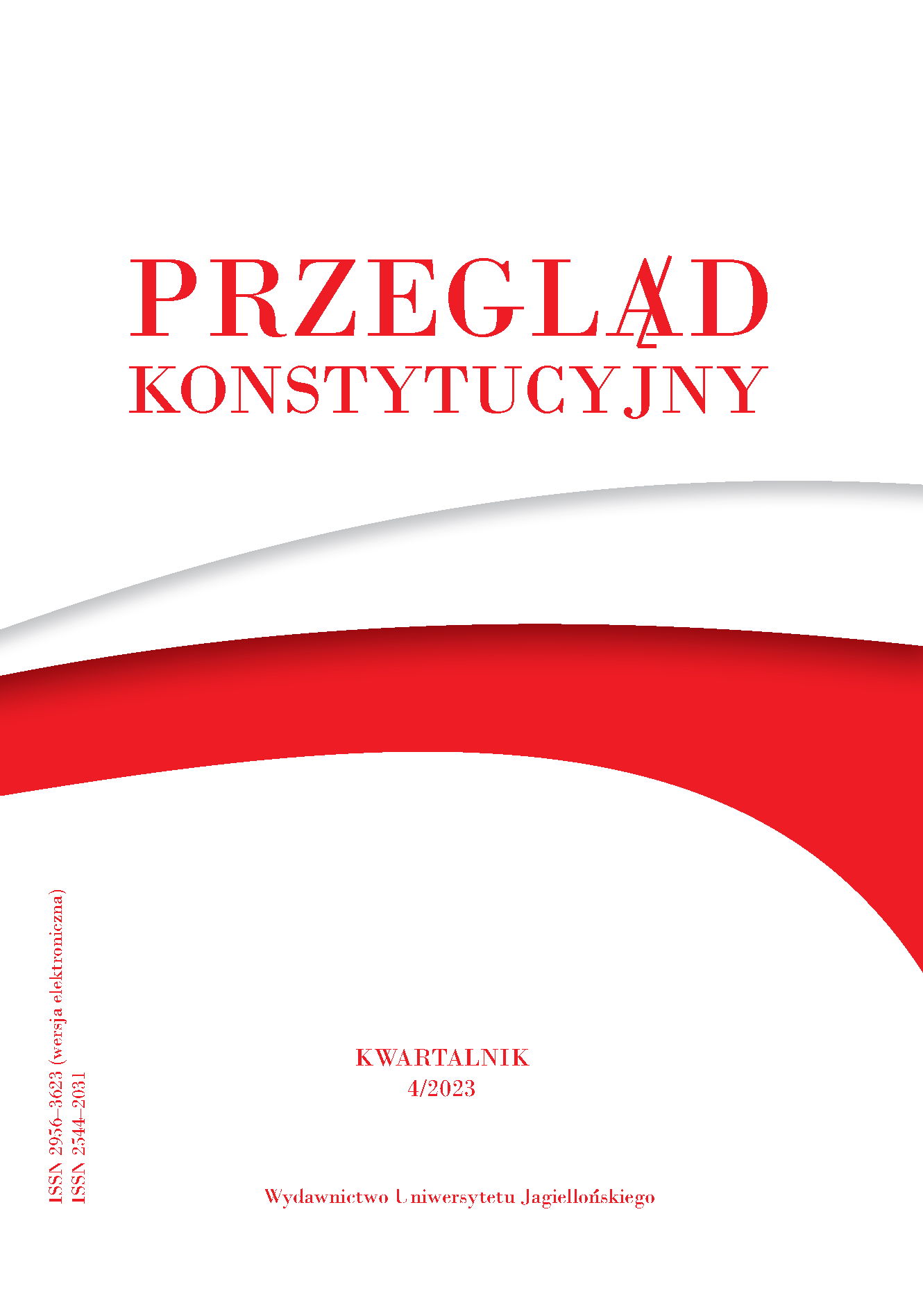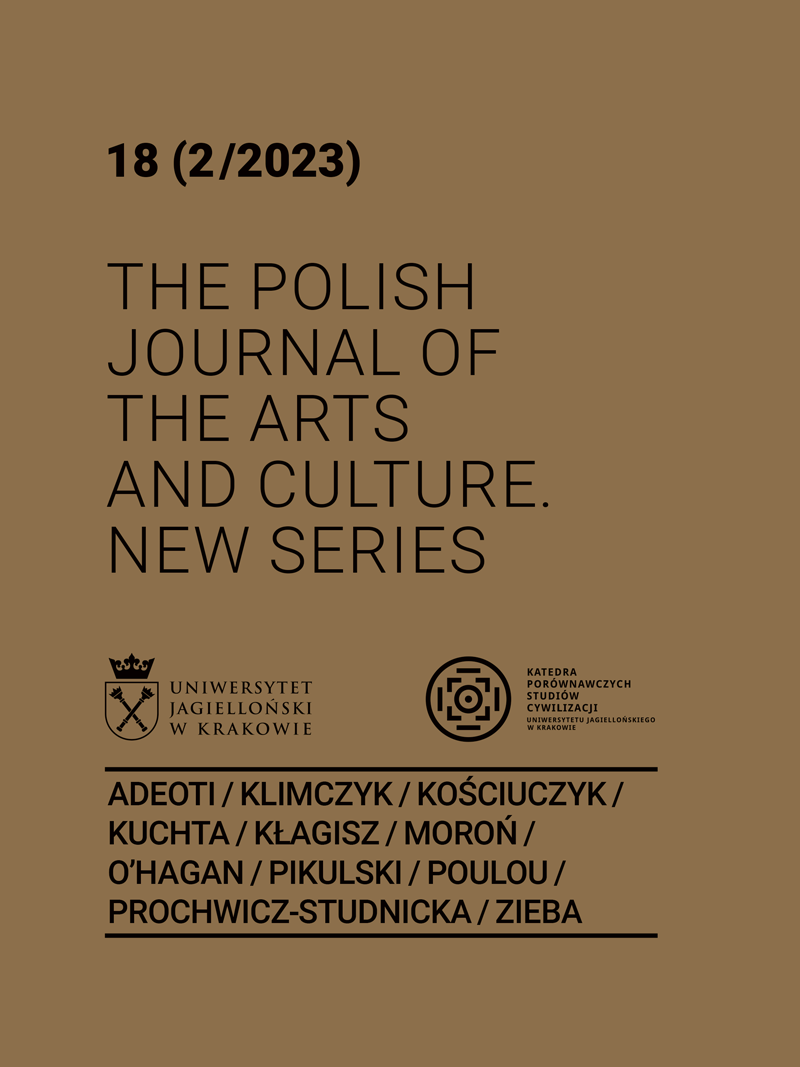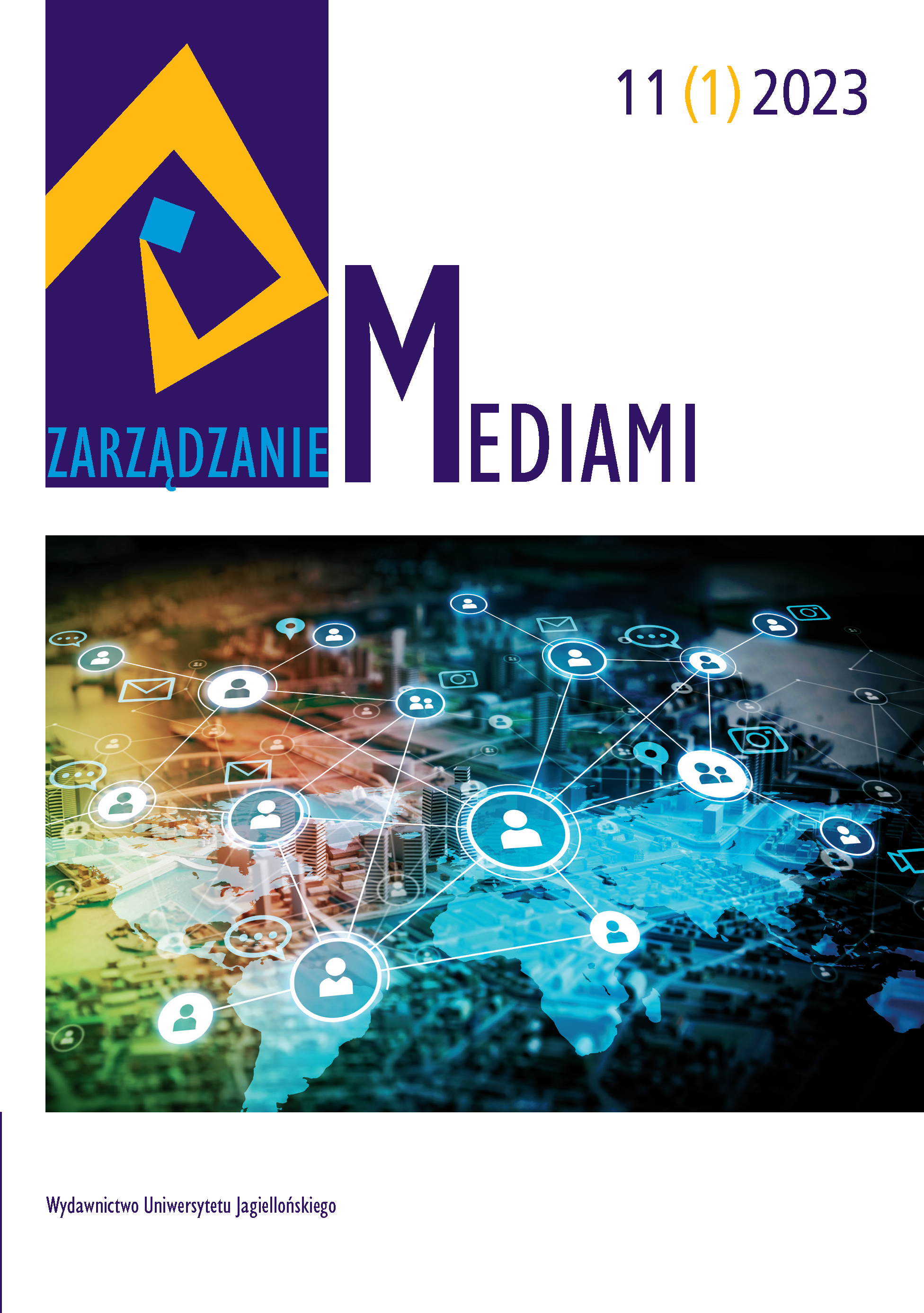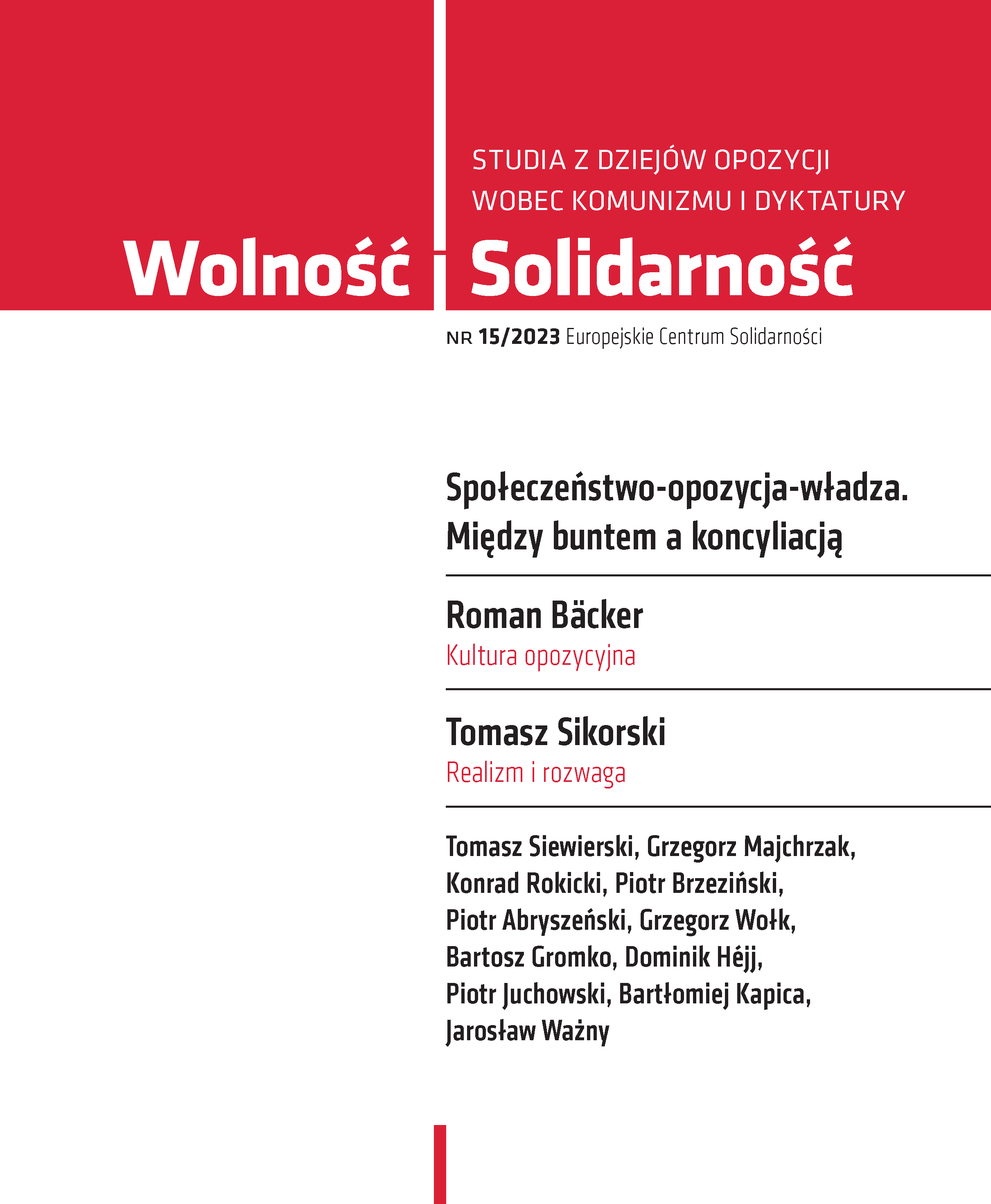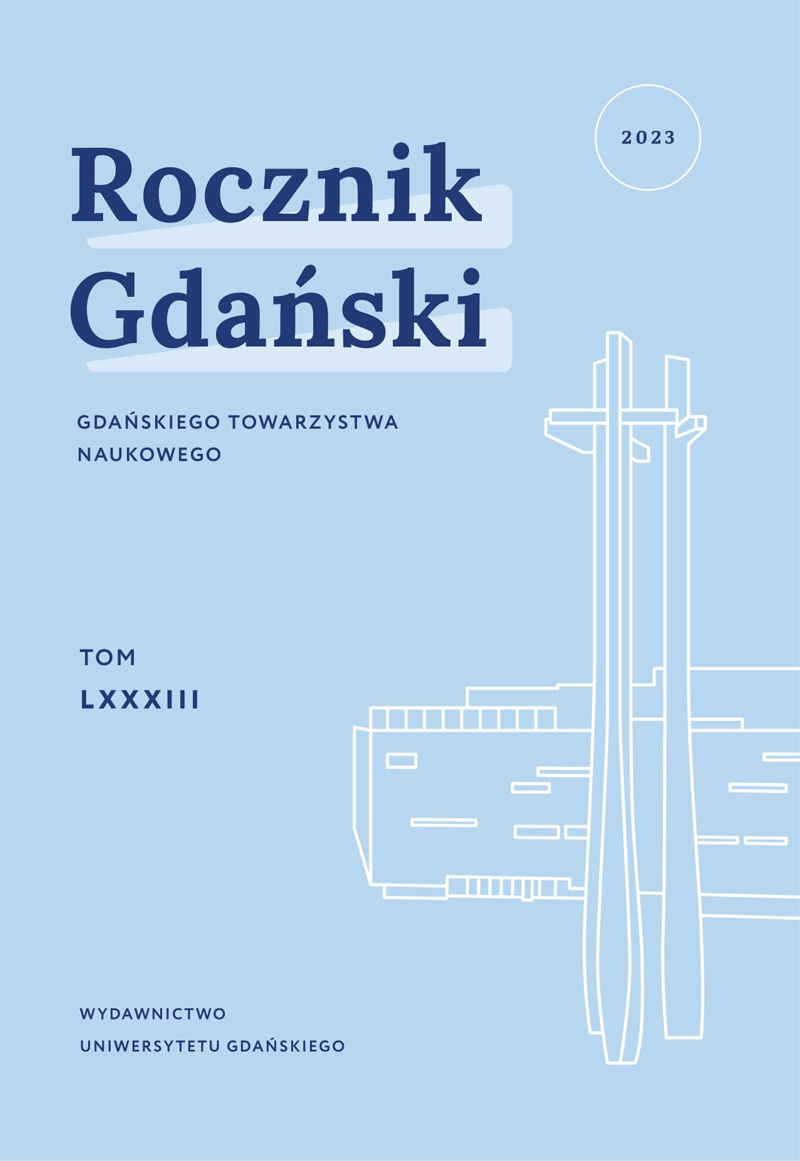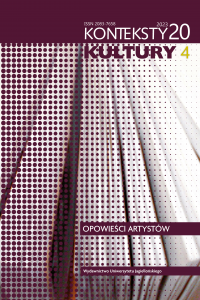
Konserwatywna konceptualizacja. O wczesnej twórczości Szczepana Twardocha
The article attempts to synthesize the conservative views of Szczepan Twardoch from the early period of his work and to present their sources as well as the reasons for the later, radical change. The writer was inspired by conservative thinkers during his studies, mainly in the context of the French Revolution history. Under their influence, he began to contest development direction of the European civilization. His works from this period contain themes of the end of civilization, the fall of Christianity, and the struggle to preserve the cultural status quo. He also referenced the current political situation in Poland and the writers and philosophers representing a similar line of thought, primarily Joseph de Maistre and Ernst Junger. Intellectual maturing and the related aversion to dogmatism caused him to reject conservative views.
More...
